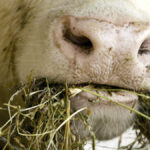
A closer look at your feed test
A ruminant nutritionist provides us with an in-depth look at a real-life feed test for hay
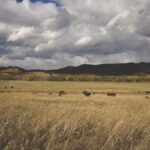
Beware vitamin and mineral deficiencies in the cow herd during drought
News Roundup from the September 27, 2021 issue of Canadian Cattlemen
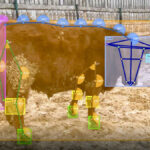
Biometrics and artificial intelligence may be coming to a ranch near you
Companies are developing emerging technology to identify cattle, track health, growth and behaviour, and analyze data

Creativity needed to address veterinarian shortage
As demand grows for veterinarians, stagnant graduation rates and steep competition from urban areas have left many rural practices in a crunch

Ontario MDS volunteers already moving hay west
Disaster response group spearheading program separate from CFA plan

Prioritize your health during challenging situations
Basic self-care, awareness of stress responses and reaching out to others all key for dealing with difficult times

Chronic stress can affect health and decision-making
Understanding our body’s stress response can help us cope in healthy ways during difficult times

The Environmental Stewardship Award reaches 25-year milestone
National recognition has contributed to the sustainable beef conversation, but people in the industry see more opportunities to reach the public
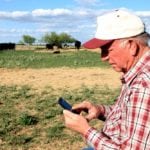
Leveraging data in beef production
New mobile app development, networks of smart farms highlight the potential to use data tools in agriculture
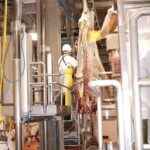
Negligible risk status may mean more market access for Canadian beef
Historic designation opens doors for conversations on removing BSE-era trade restrictions for beef products, feeder cattle access and processing requirements



